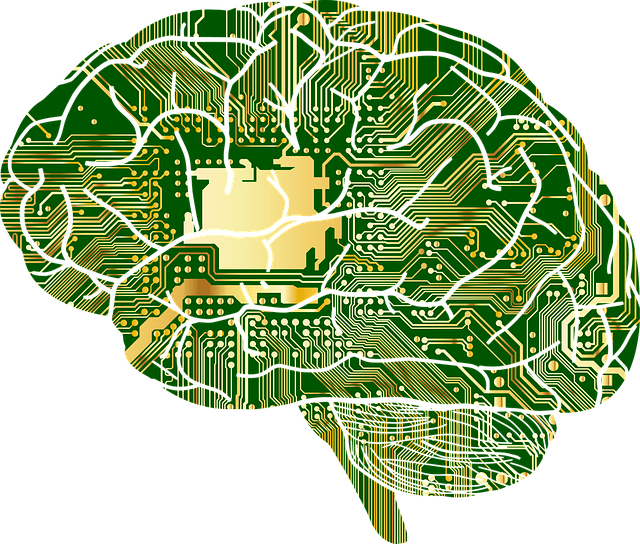
New research led by Prof. Janice Juraska and her team at the University of Illinois confirms that mammals readily absorb phthalates, chemicals used in plastics, pharmaceuticals, clothing, and personal care products to increase their durability, through their mothers even when developing in the womb. The most shocking revelation of the study, however, is the effect phthalates showed on the cognitive abilities of newborns.

Juraska and her researchers administered varying doses of phthalates between three control groups of pregnant rats; two groups receiving differing doses proportionate to average human exposures, and one group receiving no chemicals at all. “We found that there was an appreciable reduction in the number of neurons, the number of synapses and the size of the medial prefrontal cortex in the phthalate-exposed rats,” Juraska explained. “They also showed a deficit in what we call cognitive flexibility. They made significantly more errors when navigating the mazes than rats that had not been exposed.”
What does this mean for humans? Well, don't expect most industries to start changing their ways anytime soon. Companies are famously loathe to alter operations in any form that would negatively affect their bottom line, and tend to point out that test subjects like rats aren't human beings and so such research is far from conclusive. So what's to be done? What it takes to change the big producers that fill our markets and homes with chemically laden Trojan horses is to stop letting the horse through the gates at all. Vote with your dollar and show them that our children are our legacy, and are far too precious to damage with the toxins of a plastic world.
Want to learn more about this study? Read more direct from the source below!
Click here for: "In rats, perinatal exposure to phthalates impairs brain structure and function".









